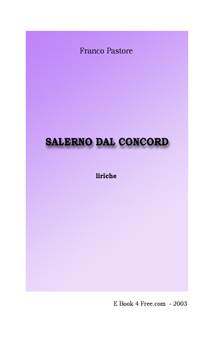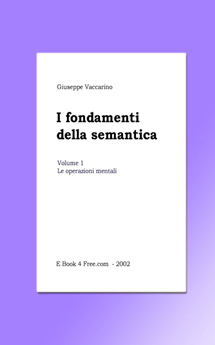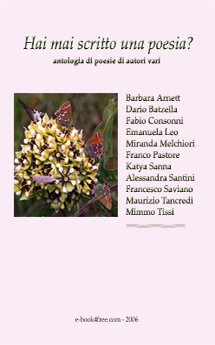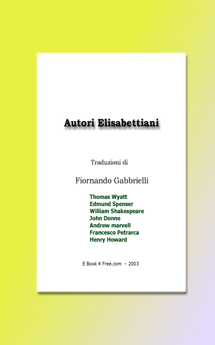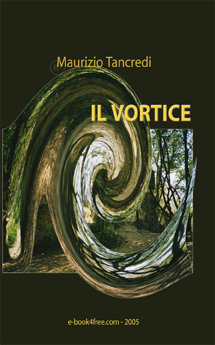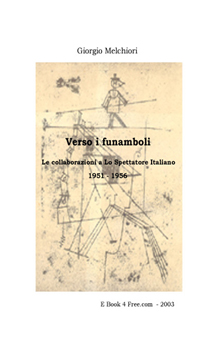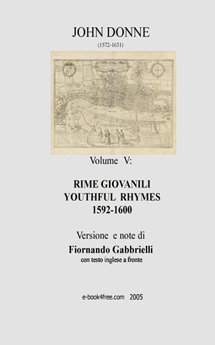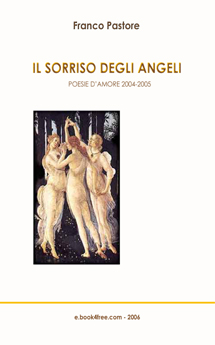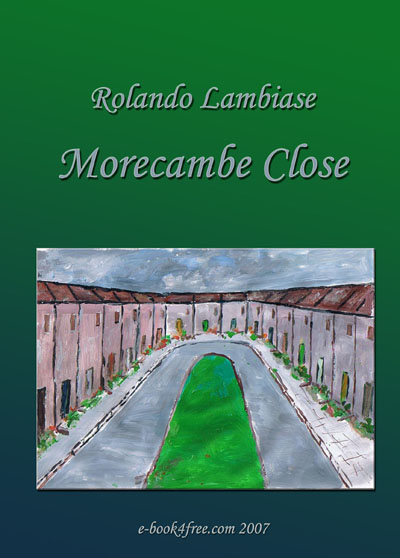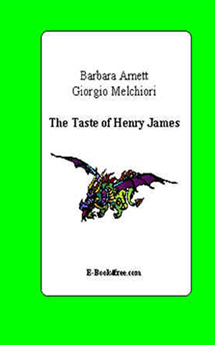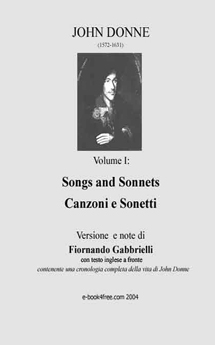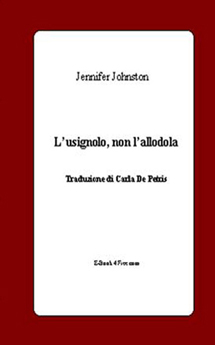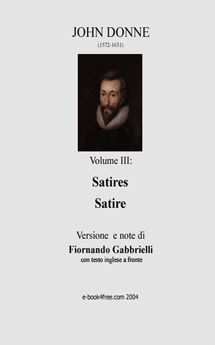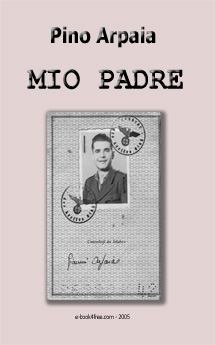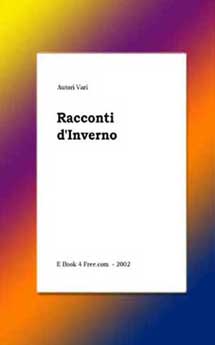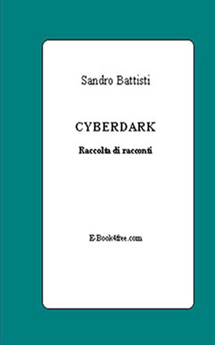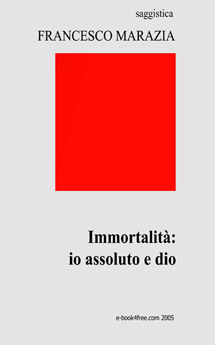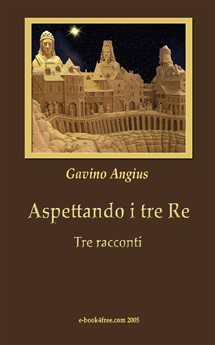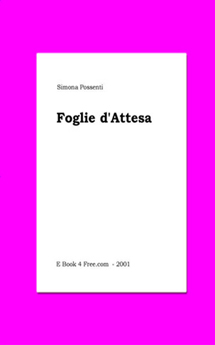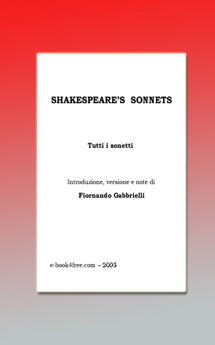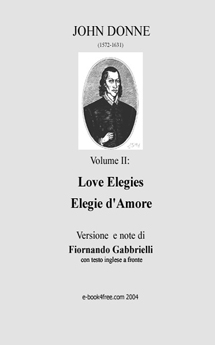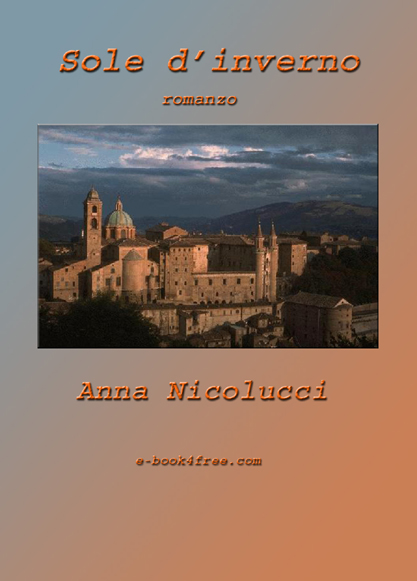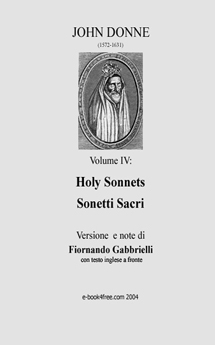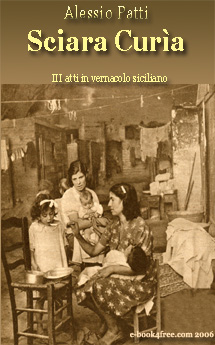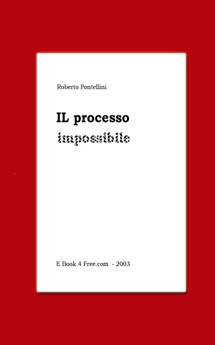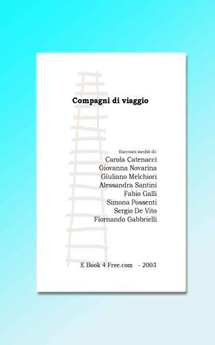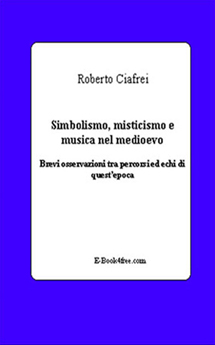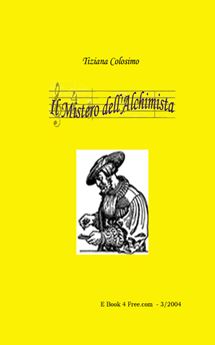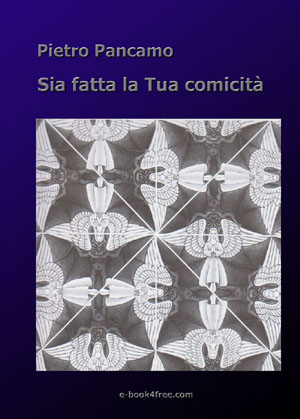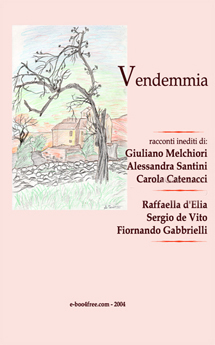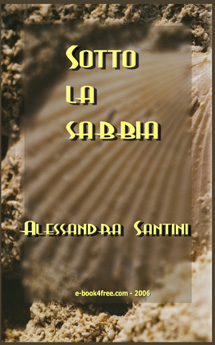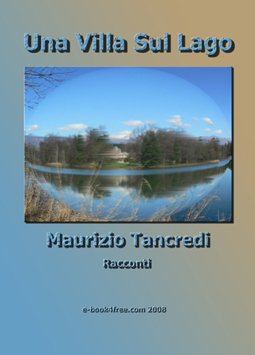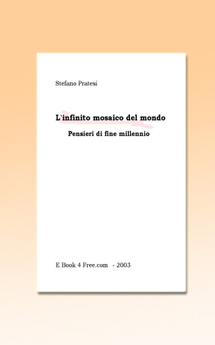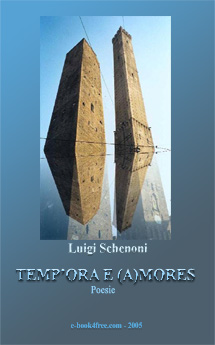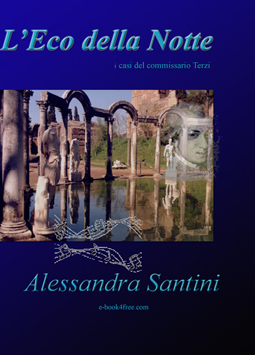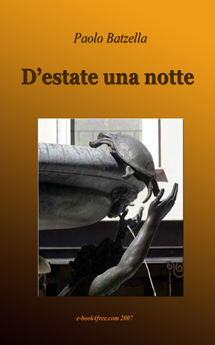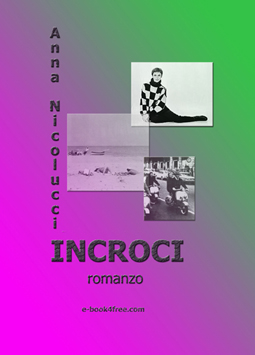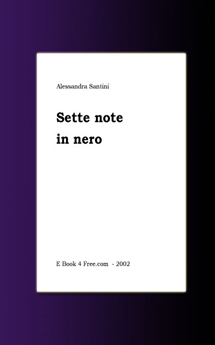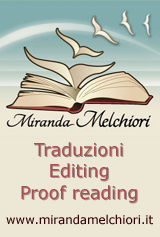The Book
All James’s writings, whether his novels and tales or his criticism, revolve round the two key words of ‘taste’ and ‘vulgarity’. In 1903, in an essay on Émile Zola, he stated more firmly than ever before how essential he regarded the possession of Taste, “deserving here if ever the old-fashioned honour of a capital”, in a writer:
“There is simply no limit, in fine, to the misfortune of being tasteless; it does not merely disfigure the surface and the fringe of your performance -- it eats back into the very heart and enfeebles the sources of life. When you have no taste you have no discretion, which is the conscience of taste, and when you have no discretion you perpetrate books like Rome...”
The Taste of Henry James
by Arnett Barbara - Melchiori Giorgio
La critica letteraria pp. 282 Dim.: 687 kb. downloads: 1636
Note: We are happy to offer the result of many years of dialogue free of charge to scholars and students but request only that all quotations for whatever purpose should be acknowledged.
Barbara Arnett is Professor of Modern and Contemporary English Literature in the Università RomaTre. She has published many essays on the literature of the nineteenth century and three books: Browning's Poetry of Reticence (1968), Terrorism in the Late Victorian Novel (1985), Grant Allen: The Downward Path Which Leads to Fiction (2000)
Giorgio Melchiori , CBE, FBA, is Emeritus Professor of English Literature, Università RomaTre. His major publications include The Tightrope Walkers (1956), The Whole Mystery of Art (on W.B.Yeats, 1960), Shakespeare's Dramatic Meditations (1976), Shakespeare: Genesi e struttura delle opere (1994), Joyce: Il mestiere dello scrittore (1994), and editions of plays by Shakespeare and other dramatists for Revels Plays, Cambridge and Arden Shakespeare; he is responsible for a bilingual nine-volume edition of the Complete Plays of Shakespeare for the Italian publisher Mondadori.
Also available on e-book4free.com the reissue of Verso i Funamboli (2004)
 Download
Download Read pdf
Read pdf Write a review
Write a review
- Related books

What can you do next?
Send us your manuscript in a modifiable format (MSWord, rtf, OpenOffice) and begin your adventure.

If you are not a writer
if you are a reader and you download files from our site, please share us on your social network.



